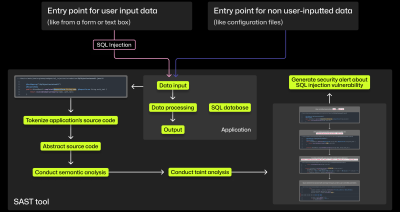
Advanced filtering capabilities for the security overview dashboard
Today, we’re releasing security tool-specific filters for the security overview dashboard and secret scanning metrics page. Have you ever wondered, “How well is my organization handling SQL injections?” or “How…







